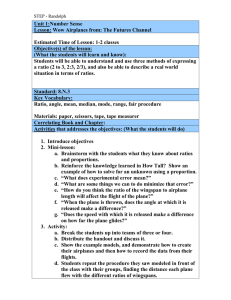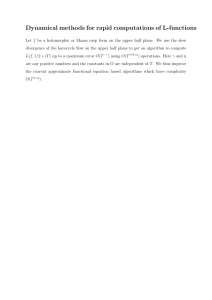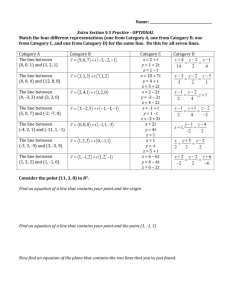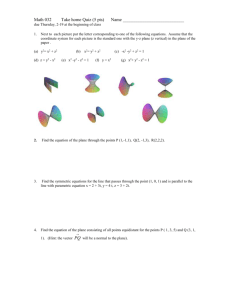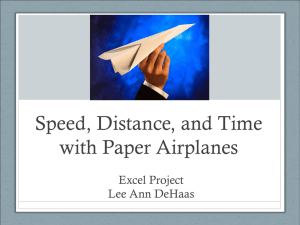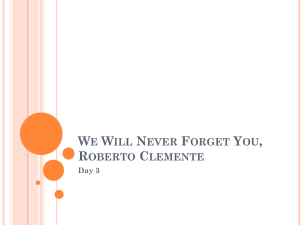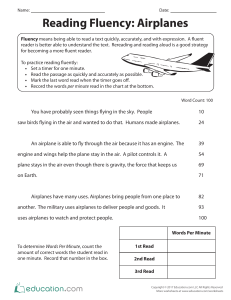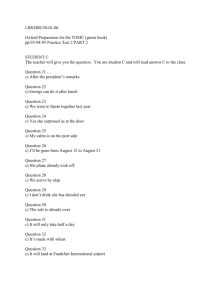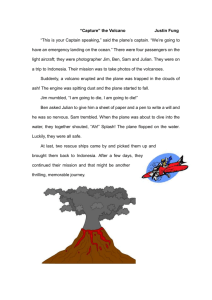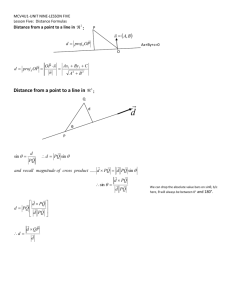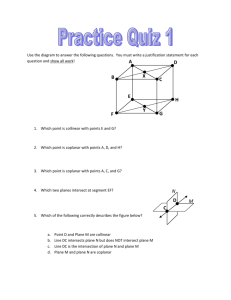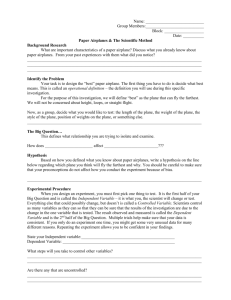Paper Airplane Challenge - pm-apecon
advertisement
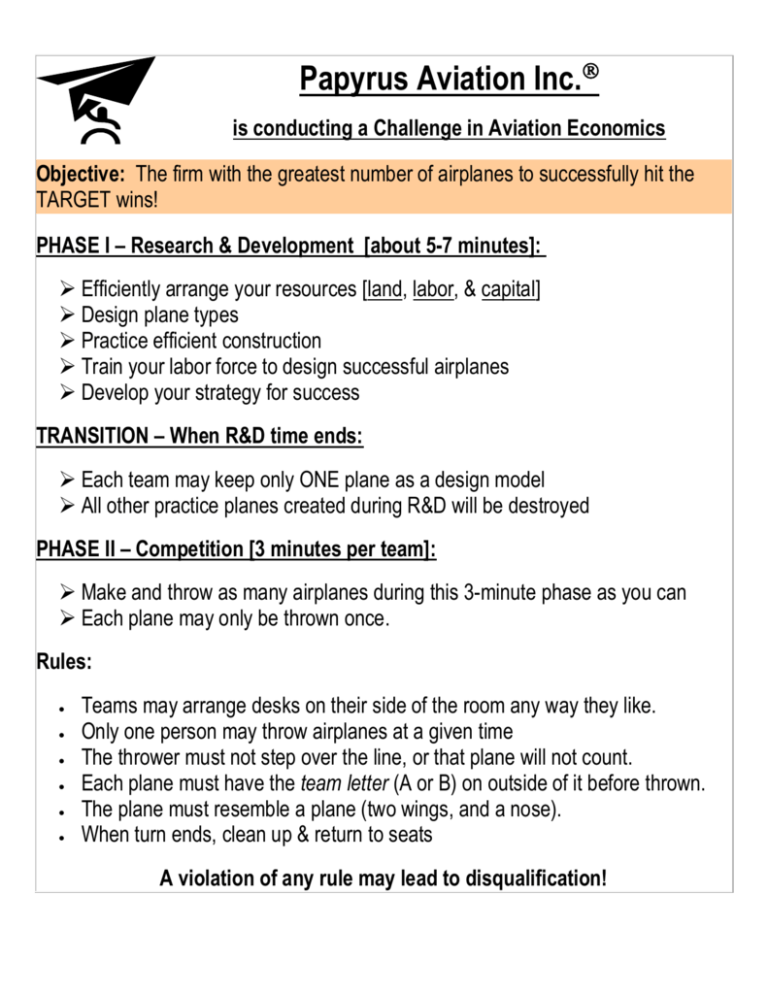
Papyrus Aviation Inc. is conducting a Challenge in Aviation Economics Objective: The firm with the greatest number of airplanes to successfully hit the TARGET wins! PHASE I – Research & Development [about 5-7 minutes]: Efficiently arrange your resources [land, labor, & capital] Design plane types Practice efficient construction Train your labor force to design successful airplanes Develop your strategy for success TRANSITION – When R&D time ends: Each team may keep only ONE plane as a design model All other practice planes created during R&D will be destroyed PHASE II – Competition [3 minutes per team]: Make and throw as many airplanes during this 3-minute phase as you can Each plane may only be thrown once. Rules: Teams may arrange desks on their side of the room any way they like. Only one person may throw airplanes at a given time The thrower must not step over the line, or that plane will not count. Each plane must have the team letter (A or B) on outside of it before thrown. The plane must resemble a plane (two wings, and a nose). When turn ends, clean up & return to seats A violation of any rule may lead to disqualification! Assignment: Wiki Forum 1 Link: http://pm-apecon.wikispaces.com/ Deadline: Tuesday, 2/1 @8pm Graded: out of 11 points Limitation: A maximum of 50% of submissions will earn full credit (11/11). All others will earn something less. Judging criteria: Responses judged to be clear, insightful, non-repetitive, and “out-of-the-box” will have an advantage in earning the limited quantity of full credit scores. Respond to the following: 1. In what ways was the Paper Airplane simulation representative of a FREE MARKET ECONOMY? 2. How could Mr. Meier adjust this simulation to make it representative of a COMMAND ECONOMY?
